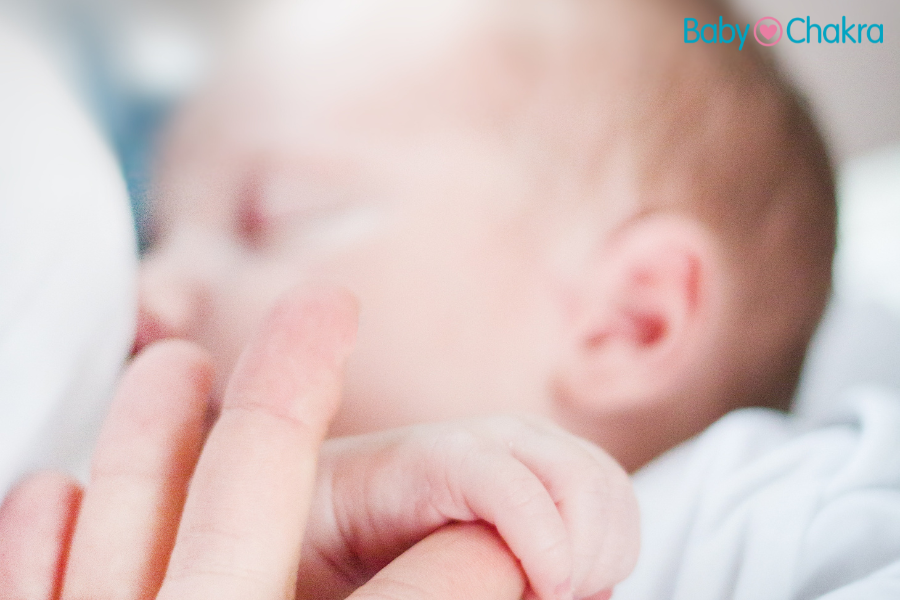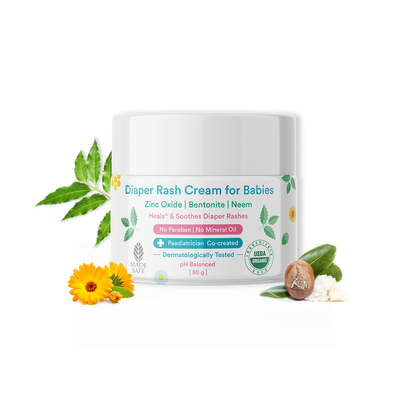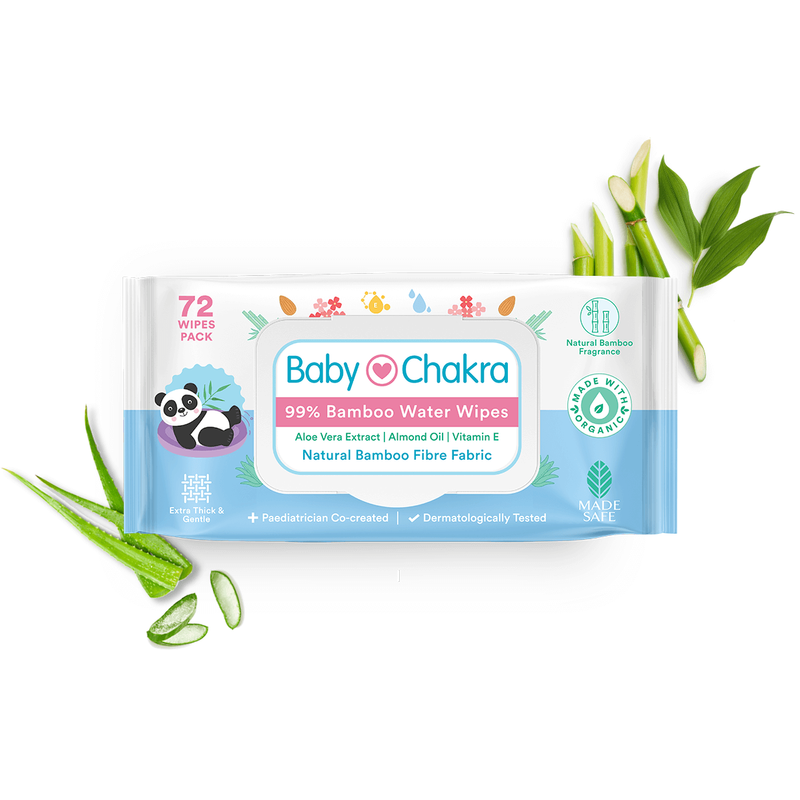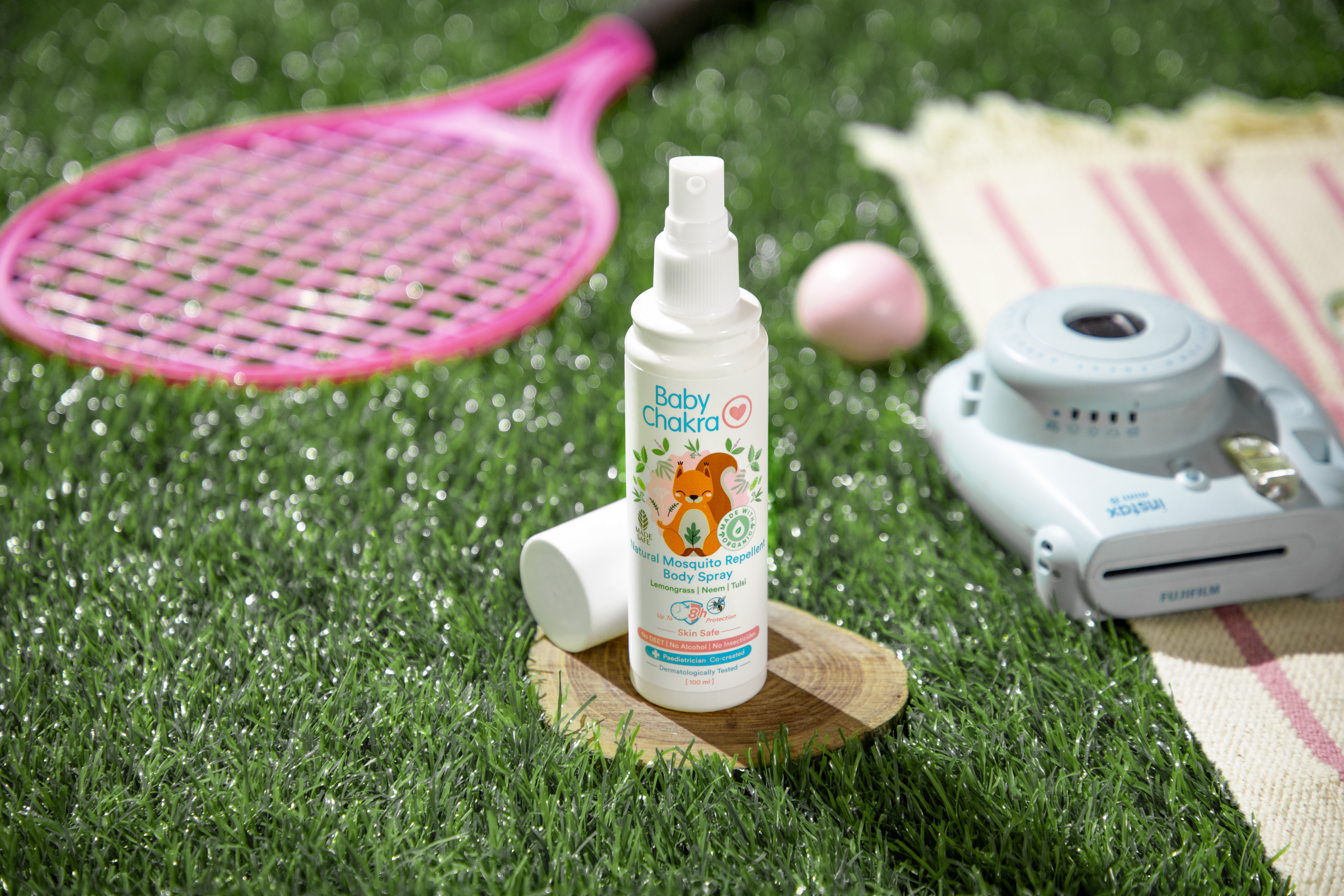
6 Monsoon Care Tips For Newborns
21 Jul 2022 | 4 min Read
Sayani Basu
Author | 607 Articles
The monsoon season demands extra care for the little ones. Plus, parents need to be extra careful if they have a newborn at home as the fluctuating temperatures and sneaky germs and bacteria might target your infant. They are susceptible to falling sick during this time as their immune systems are still developing.
We’ve listed some monsoon care tips for newborn babies. Take a look!
Monsoon Care Tips For Newborns
You can follow these tips to care for your newborn during the monsoon season:
- Keep a check on the diaper: It is recommended to change your newborn’s diaper at frequent intervals to avoid rashes. After the baby urinates or does potty, the bacteria might become active in a short period and can attack the baby’s delicate skin, leading to rashes.
Therefore, it is important to make sure that your infant is always dry. Mums can also opt for a diaper rash cream that has been formulated with natural ingredients to heal and soothe diaper rashes in babies.
- Give your baby diaper breaks: Try to ensure that your baby gets frequent diaper breaks. Although it’s advisable to use diapers while outdoors, let your baby’s skin breathe freely without diapers once inside the house.
Mums can also keep baby wipes handy for cleaning baby’s bottoms after changing diapers to avoid diaper rashes.
- Use an organic mosquito repellant: The prolonged months of the monsoon season in our country act as a boon for mosquitoes as it becomes easy for them to breed in stagnant water.
Plus, being the carriers of some of the most deadly diseases such as Malaria, Chikungunya, Dengue, and Yellow Fever, parents always try to protect their babies from mosquitoes. Therefore, it is advisable to include a mosquito-repellent body spray to safeguard your little one from mosquitoes.
- Maintain a pleasant room temperature: It is recommended to preserve the ambient temperature around 28 to 30 degrees Celsius. The temperature should neither be too hot nor too cold so that the infant is comfortable.
If the little one feels cold at night, you can add an extra layer to cover up.
- Keep your hands clean: Surprisingly, your hands are one of the biggest germ carriers and can pass on the infection. Therefore, it is advisable to wash your hands with soap or sanitise them before touching the little one. This step has become all the more important in the wake of COVID-19.
- Cover with light clothing: You can put a thin cotton sheet on the little one so that he/ she is not lying completely exposed. Make sure to dress the little one in light-coloured clothing as dark colours tend to attract mosquitoes.
It is not recommended to put damp clothes on the little one as wearing damp clothes can lead to fungal infection on sensitive skin and can cause fever and chills.
While monsoon is a time to rejoice after the scorching summer, it is also the season that brings about water logging, and therefore, water-borne diseases. While you might have the strength and the experience to endure this, your little one is yet to develop the immunity to withstand such climatic changes. So, bookmark these tips and get monsoon ready for your baby!
Also Read: Everything You Need For A Monsoon Road Trip With Your Toddler
A


Suggestions offered by doctors on BabyChakra are of advisory nature i.e., for educational and informational purposes only. Content posted on, created for, or compiled by BabyChakra is not intended or designed to replace your doctor's independent judgment about any symptom, condition, or the appropriateness or risks of a procedure or treatment for a given person.



